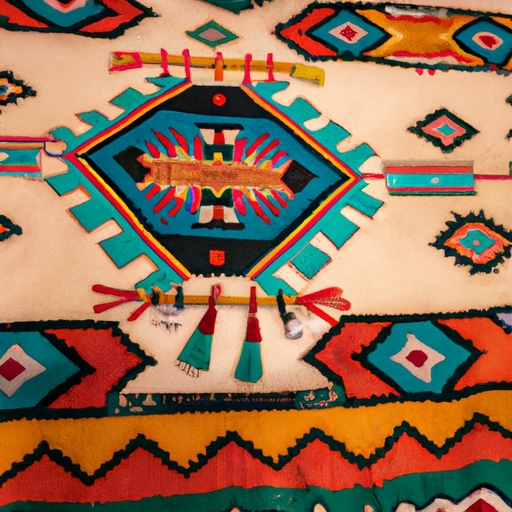
Explanation of the significance and symbolism behind spirit lines
which native american groups joined the french to fight the british
The Huron Confederacy, a powerful native American group, forged an unlikely alliance with the French against their common enemy, the British. The Hurons, renowned for their strategic prowess and strong warrior culture, recognized the benefits of aligning with the French to resist British expansion in North America.
The Hurons' decision to join forces with the French was not without risks. Historically, the Hurons had maintained a complex relationship with both European powers. However, they understood that collaborating with the French offered them a chance to protect their lands and preserve their way of life.
The alliance between the Huron Confederacy and the French proved fruitful in many ways. The French provided military support, weaponry, and trade opportunities to their indigenous allies. In return, the Hurons utilized their extensive knowledge of local terrain and warfare tactics to aid the French in battling against British forces.
This unconventional partnership allowed both parties to benefit from each other's strengths. While it may have seemed improbable at first glance due to historical tensions between natives and Europeans, this alliance demonstrated that shared objectives could unite even seemingly disparate groups.
Together, the Huron Confederacy and the French fought valiantly against British attempts at expansion. They engaged in numerous battles throughout North America's wilderness and successfully thwarted multiple British offensives.
Although ultimately unsuccessful in halting British encroachment entirely, this unique collaboration left a lasting impact on Native American-European relations. It showcased that unity among diverse groups can yield unforeseen outcomes when faced with a common adversary.
In conclusion, by joining forces with the French against the British, the Huron Confederacy defied expectations and embraced an unlikely yet strategically advantageous alliance. This choice exemplifies how cooperation across cultural divides can lead to unexpected partnerships that shape history's course.